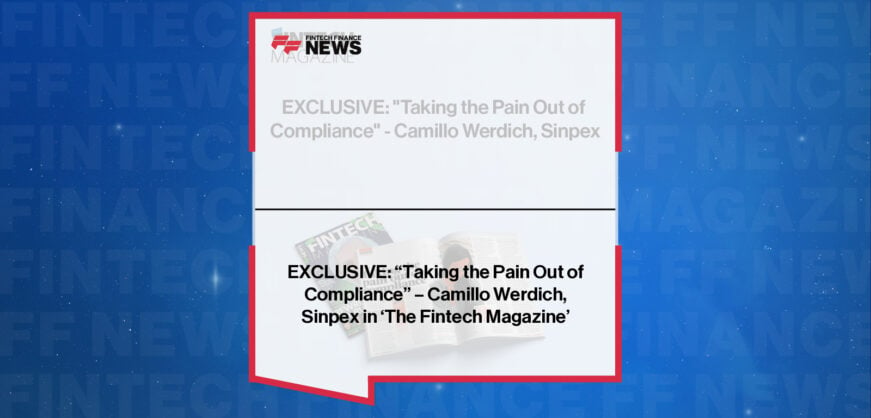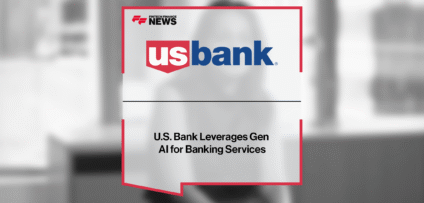Breaking News
The Future of Digital Identity Wallets in Financial Services
Digital identity wallets are set to be a game-changer in the financial sector, revolutionizing how consumers interact with banks and businesses. In this video, Martina Forster, from Netcetera, discusses how the European Digital Identity (UDI) Wallet will streamline consumer onboarding and transactions by providing verified, secure identities to both banks and consumers. This regulation, once implemented, will allow consumers to easily authenticate their identity when interacting with financial institutions, enabling a faster and more secure experience. It’s a significant step toward creating a more seamless digital experience for users and enhancing security across the payments ecosystem.
As Martina explains, the digital identity wallets will simplify many aspects of online banking and payments by giving consumers greater control over the data they share. With the European Digital Identity, consumers will have the ability to share only necessary information, such as their age or specific data points, instead of providing full personal details. This flexibility improves privacy and security, making the overall transaction process more user-friendly. The UDI Wallet will not only benefit consumers but will also make it easier for banks and businesses to verify customers, reducing friction and increasing adoption.
Despite the many benefits of digital identity wallets, there are still challenges to overcome. One of the main obstacles is the user experience. Currently, the process of paying via bank account through digital identity wallets can involve multiple steps, from selecting the bank to authenticating the payment. This complexity can create barriers to adoption, particularly for less tech-savvy users. Martina highlights that collaboration across industries—between banks, merchants, and payment networks—is crucial to improving the user experience and making these systems more accessible. Streamlining the payment process and reducing the number of authentication steps will help to increase the adoption of digital identity wallets.
Innovation in the payments space, such as enabling NFC interfaces in Apple devices, is also playing a role in the growth of digital identity wallets. With the introduction of tap-to-pay functionality through NFC, more consumers are able to make seamless payments using their mobile devices. This development opens up new opportunities for banks, wallet providers, and fintech companies to offer tap-to-pay experiences similar to Apple Pay, making it easier for consumers to make payments using their smartphones. The growing prevalence of NFC-enabled devices further accelerates the shift towards digital payments and enhances the potential for digital identity wallets to become the standard in the industry.
Finally, Martina emphasizes the importance of value-added services beyond payments. Digital identity wallets are not just about processing payments but also about offering loyalty benefits and other services that keep consumers engaged. By adding extra value to the customer experience, businesses can increase customer retention and loyalty, ultimately driving a higher return on investment. As the use of digital identity wallets continues to grow, businesses that embrace innovation and look for opportunities to enhance their offerings will be well-positioned to succeed in the future of digital finance.
People In This Post
Companies In This Post
- EXCLUSIVE: “Taking the Pain Out of Compliance” – Camillo Werdich, Sinpex in ‘The Fintech Magazine’ Read more
- Global Tech Leaders Unite to Propel Emerging Future-Critical Sectors at GITEX GLOBAL 2025 Read more
- U.S. Bank Leverages Gen AI for Banking Services Read more
- Two Thirds of Millennial Travellers Say Flexible Payments Are Their Deciding Factor When Choosing Airlines Read more
- Big Issue Partners With fumopay To Roll Out New Way for Vendors To Take Cashless Payments via Open Banking Read more



















